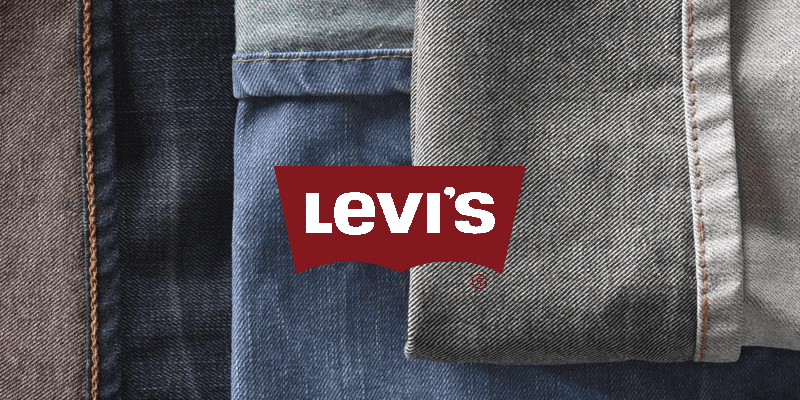It released jeans produced using textile technology firm Re:revolutionary newcell’s recycled Circulose fibre last year, increased cottonized hemp use throughout its product range, and worked to establish water-saving, regenerative, and pesticide-free production methods. By the end of 2020, 83 percent of its cotton came from more sustainable sources, such as organic and recycled cotton, as well as the Better Cotton Initiative, and the firm expects to achieve 100 percent more sustainable cotton by the end of 2025.
LS&Co. was one of the first companies to incorporate hemp in its denim production at scale. A new sustainability report outlines how the company will continue to improve its methods to source fibers. Organic cotton is a key area of focus for the company, as it is more sustainable in terms of water usage and environmental and social health. In 2020, the company will join the U.S.
Cotton Trust Protocol, a farm-level, science-based program setting a new standard for more sustainably grown cotton. The report states it still has ways to go in the cultivation of responsible fibers and is dedicated to continuously innovating. Levi’s also prohibits the use of animal-derived products and materials from endangered species.

